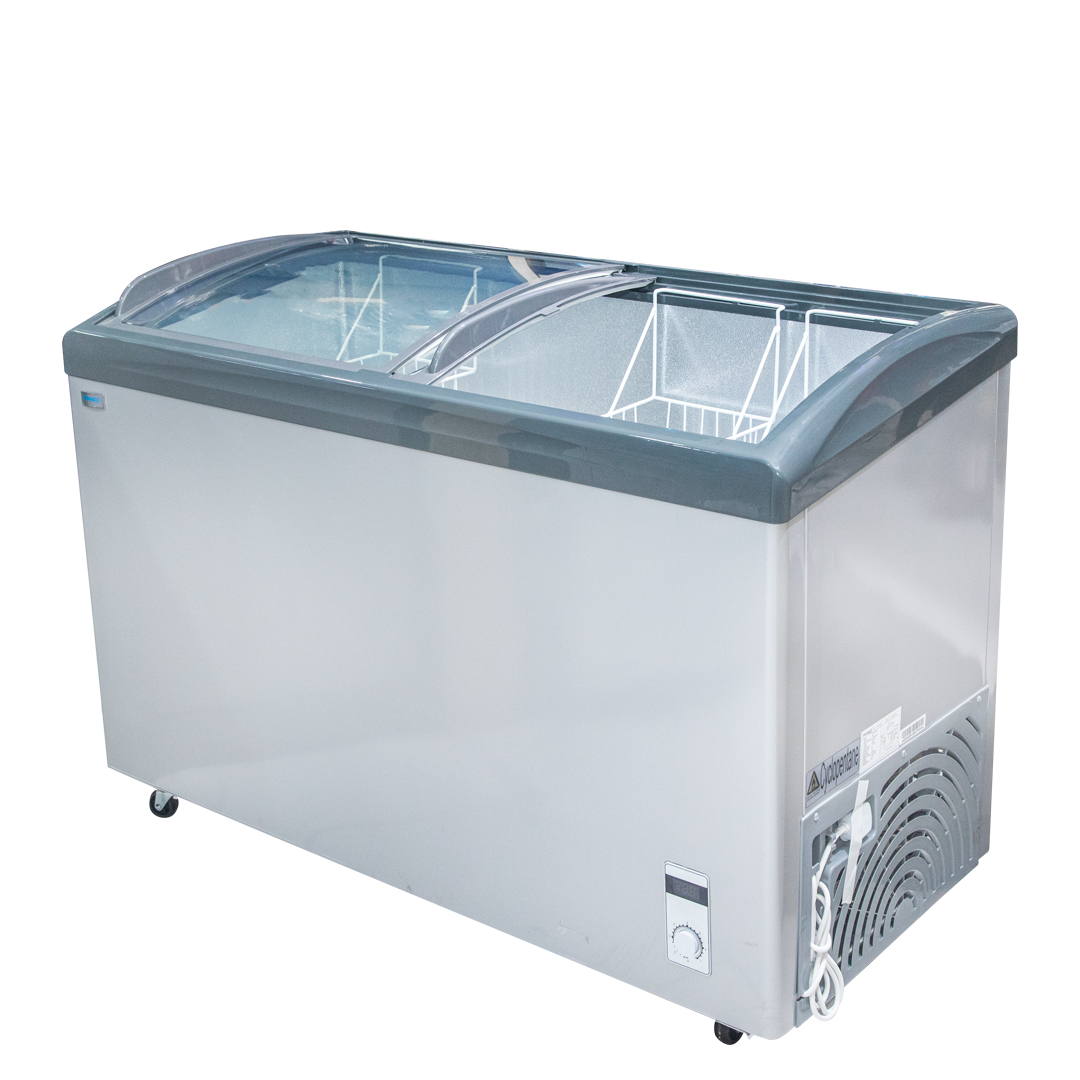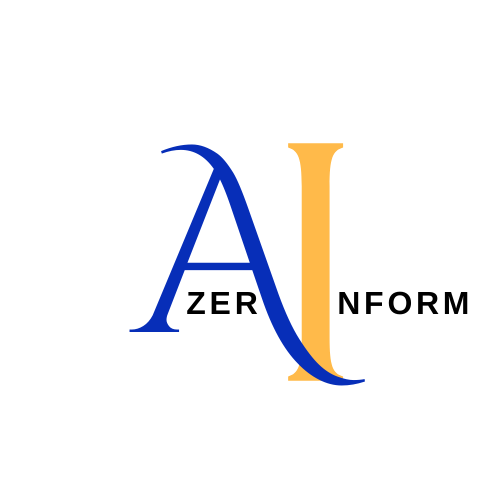While stethoscopes and scalpels symbolize expertise in healthcare recruitment, soft skills cannot afford to go unnoticed. The medical field relies not only on clinical proficiency but also on qualities like empathy, communication, adaptability, and problem-solving. These intangible attributes are the pillars supporting the technical prowess of healthcare professionals.
Let’s delve into the pivotal role of soft skills in healthcare recruitment and equip you with effective strategies for their evaluation
Importance of Soft Skills in Healthcare
Healthcare, at its core, is a harmonious blend of science and humanity. While technical skills form the foundation, soft skills are the binding agent that unites them. These skills influence patient care, teamwork, and communication in profound ways.
Patients seek more than just medical expertise; they crave compassion, understanding, and a comforting presence. Effective communication bridges the gap between healthcare providers and patients, ensuring treatment plans are comprehensible and patients feel heard.
Teamwork cultivates an environment where all stakeholders work collaboratively towards the common objective of patient well-being.
Key Soft Skills for Healthcare Roles
Empathy tops the list, helping professionals connect with patients. Effective communication ensures clear information exchange in medical or disability support work. Adaptability is crucial in healthcare’s ever-changing landscape, while problem-solving aids complex medical decisions.
Strategies for Assessing Soft Skills
During recruitment, a multi-pronged approach is key. Behavioural-based interview questions unveil past behaviour and future potential. Role-playing reveals how candidates handle healthcare challenges.
Evaluating Communication and Interpersonal Skills
In healthcare, effective communication is paramount. Assess verbal and non-verbal cues. Are candidates attentive listeners? Do they maintain eye contact and appropriate body language?
Assessing Critical Thinking and Problem-Solving
Critical thinking is vital for healthcare decisions. Use hypothetical scenarios to gauge candidates’ thought processes. Evaluate their solutions and problem-solving approaches.
Gauging Adaptability and Resilience
Healthcare demands adaptability and resilience. Ask about candidates’ experiences with change and high-stress situations. Assess their responses to setbacks and pressure.
Incorporating Soft Skills Evaluation
To select candidates with the right soft skills, use diverse assessment methods. Reference checks reveal past performance. Behavioral assessments and situational judgment tests provide objective insights. Tailor interview questions to target specific soft skills for a fair evaluation.
Conclusion
Alongside an in-depth knowledge of one’s typical professional responsibilities, soft skills are indispensable in healthcare recruitment. They ensure exceptional care beyond technical competence. Prioritizing soft skills assessment helps select candidates capable of delivering compassionate, effective, and high-quality care to patients.

 Home
Home






